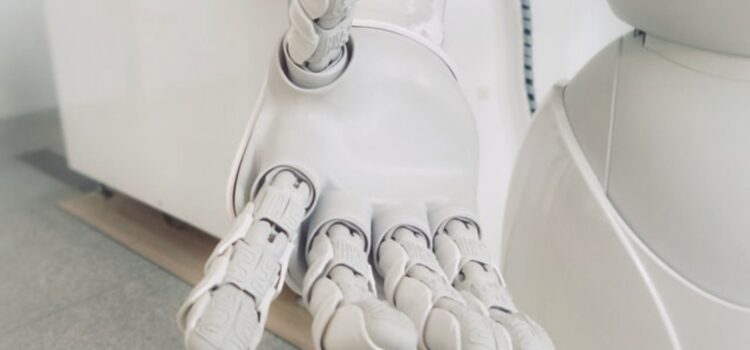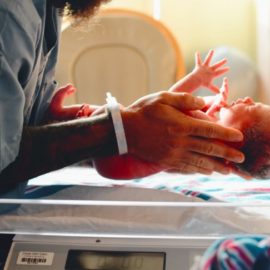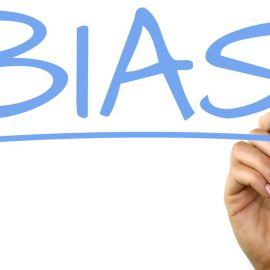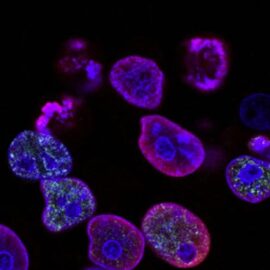
This is a free excerpt from one of Shortform’s Articles. We give you all the important information you need to know about current events and more.
Don't miss out on the whole story. Sign up for a free trial here .
Why are Microsoft and OpenAI working together? What is generative AI? What are the pair’s plans for this year?
Last month, Microsoft announced it would be investing $10 billion in OpenAI, which began as a nonprofit research lab in 2015 and now predicts it will produce $200 million in revenue this year. Even as Microsoft and OpenAI race to cash in on generative AI, they still face potential roadblocks moving forward.
Read on to learn more about Microsoft, OpenAI, and the generative AI gold rush.
Generative AI: The Ultimate Cash Cow?
When private research lab OpenAI released ChatGPT at the end of November last year, users flocked to test its capabilities and found themselves impressed, delighted, and perturbed. As the wave of initial interest crested, many began to ponder more practical concerns: How can we use this to make money?
In this article, we’ll look at the current rush to cash in on generative AI. We’ll begin by looking at the current state of play for OpenAI, including the partnership between Microsoft and OpenAI. We’ll go on to consider the pair’s main competitors. And we’ll wrap up by looking at potential legal roadblocks moving forward.
Microsoft and OpenAI
ChatGPT creator OpenAI was founded in 2015 as a nonprofit organization—its mission was to “advance artificial intelligence in a way that is most likely to benefit humanity as a whole, unconstrained by a need to generate financial return.”
This idealism turned out to be short-lived. In 2019, due to mounting computing and staff costs and difficulty attracting large investments, OpenAI refashioned itself into a “capped-profit” company in which investors continue to receive profits until they hit 100 times the initial investment.
The company is optimistic about its future earnings, predicting $200 million in revenue this year (boosted by the imminent release of GPT4) and $1 billion in 2024 For now, though, it’s losing money—vast quantities of it. In 2022, OpenAI lost roughly $508 million. A paid version of ChatGPT will be the first step in plugging the hole: Users can already sign up to test a “professional” tier that’s likely to cost $42 per month.
OpenAI’s Relationship With Microsoft
Shortly after becoming a for-profit company, OpenAI and Microsoft struck a $1 billion deal that included a cash injection and crucial computing support. Microsoft quietly contributed $2 billion more over the following three years, and last month announced it would be investing a further $10 billion.
Microsoft has already integrated OpenAI’s technology into both Copilot, a tool that suggests code for programmers, and app-developing software Microsoft Power Apps. It’s making GPT and image generator DALL-E available as part of its Azure cloud offering, which may help it compete with its main rival Amazon. And it plans to roll out ChatGPT across the Office 365 suite (including Word, Excel, Outlook, and PowerPoint) and its languishing search engine Bing.
Google: A Key Competitor
So, who is a key competitor for Microsoft and OpenAI? Shortly after the release of ChatGPT, Google reportedly issued a “code red” alert about the damage that ChatGPT and similar tools could do to its business model. But is Google really worried about being left behind?
It’s unlikely. Google has been working on generative AI products for years—in fact, it invented the transformer architecture used in ChatGPT and already uses an AI-based system to interpret users’ search queries. But the search giant has taken a cautious approach to releasing AI into the wild due to concerns about reputational damage and liability. They’ve so far declined to release Sparrow, a bot that can provide sources for its answers (addressing a key criticism of ChatGPT).
There is an existential problem for Google, however: Even if the company can keep up, it’ll lose the revenue it currently makes from ads. In 2021, ads brought in over $209 billion, more than 80% of its total revenue. Whatever happens, it looks like Google’s in for a serious shakeup.
Moving Forward: Potential Roadblocks
The regulatory landscape for generative AI is mostly unmapped. The first lawsuits have already been filed, though, including a $9 billion class action suit against GitHub, Microsoft, and OpenAI for carelessness with copyrighted code. Image generators Midjourney and Stability AI are also in hot water for their use of artists’ work without consent.
There’s some speculation that users’ interactions with ChatGPT are being used as training data. Amazon has already told its employees not to share private company information with ChatGPT after finding that some outputs were strikingly similar to internal documents. This could open the tool up to corporate espionage: Linguist Emily Bender points out that people might be able to devise specific prompts that get it to cough up confidential information.

Want to fast-track your learning? With Shortform, you’ll gain insights you won't find anywhere else .
Here's what you’ll get when you sign up for Shortform :
- Complicated ideas explained in simple and concise ways
- Smart analysis that connects what you’re reading to other key concepts
- Writing with zero fluff because we know how important your time is






